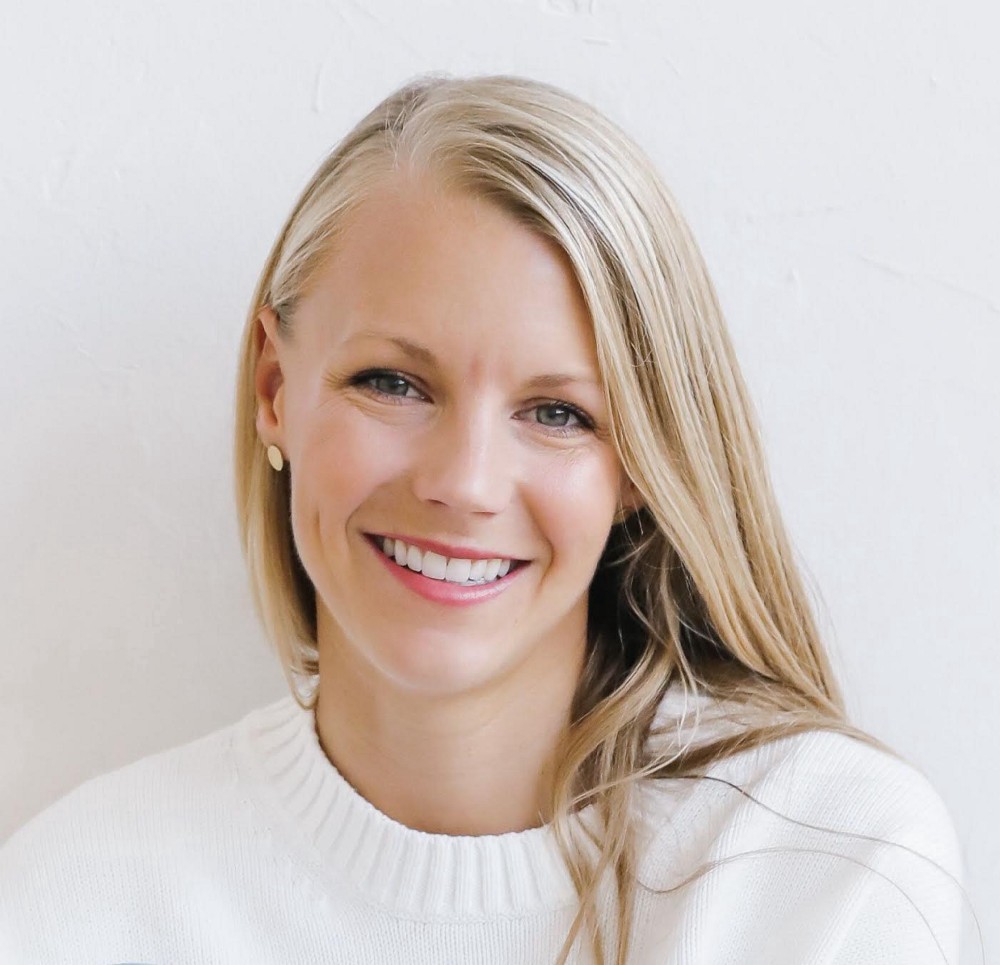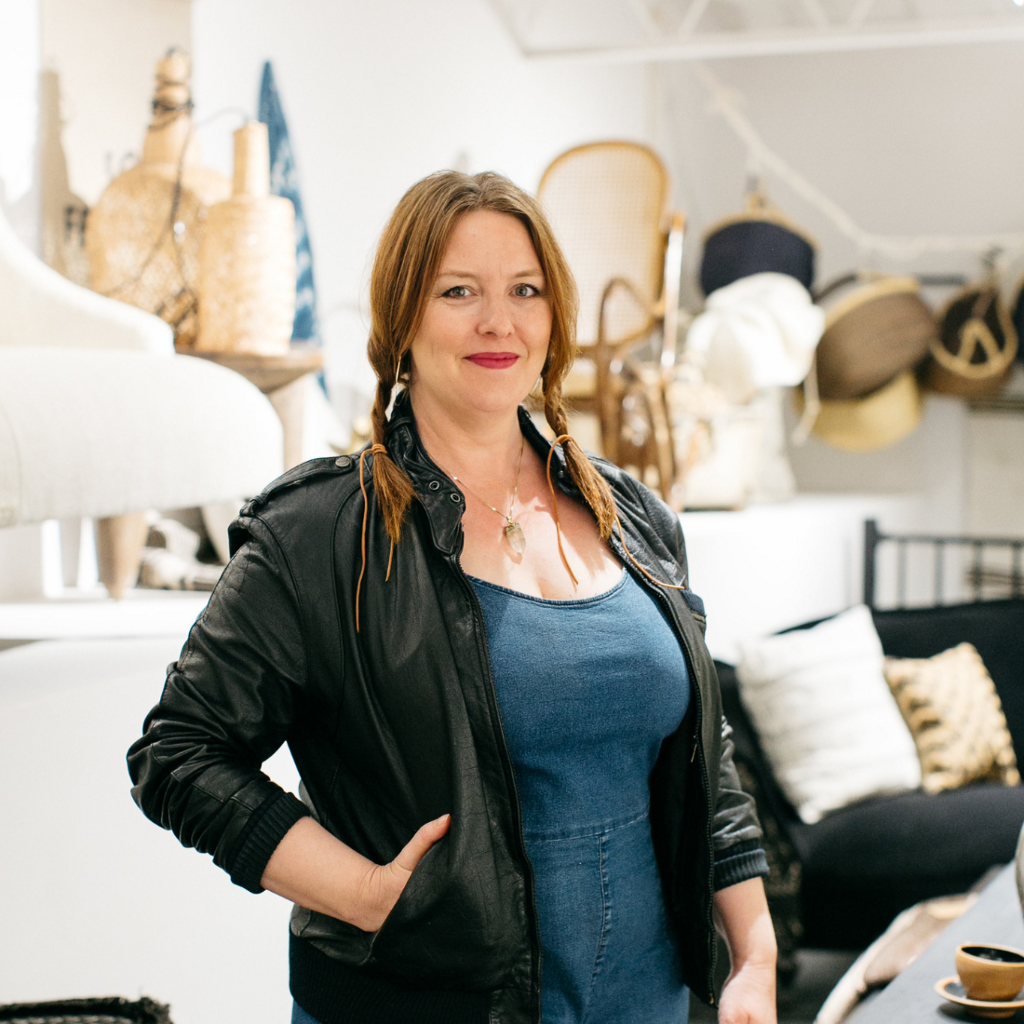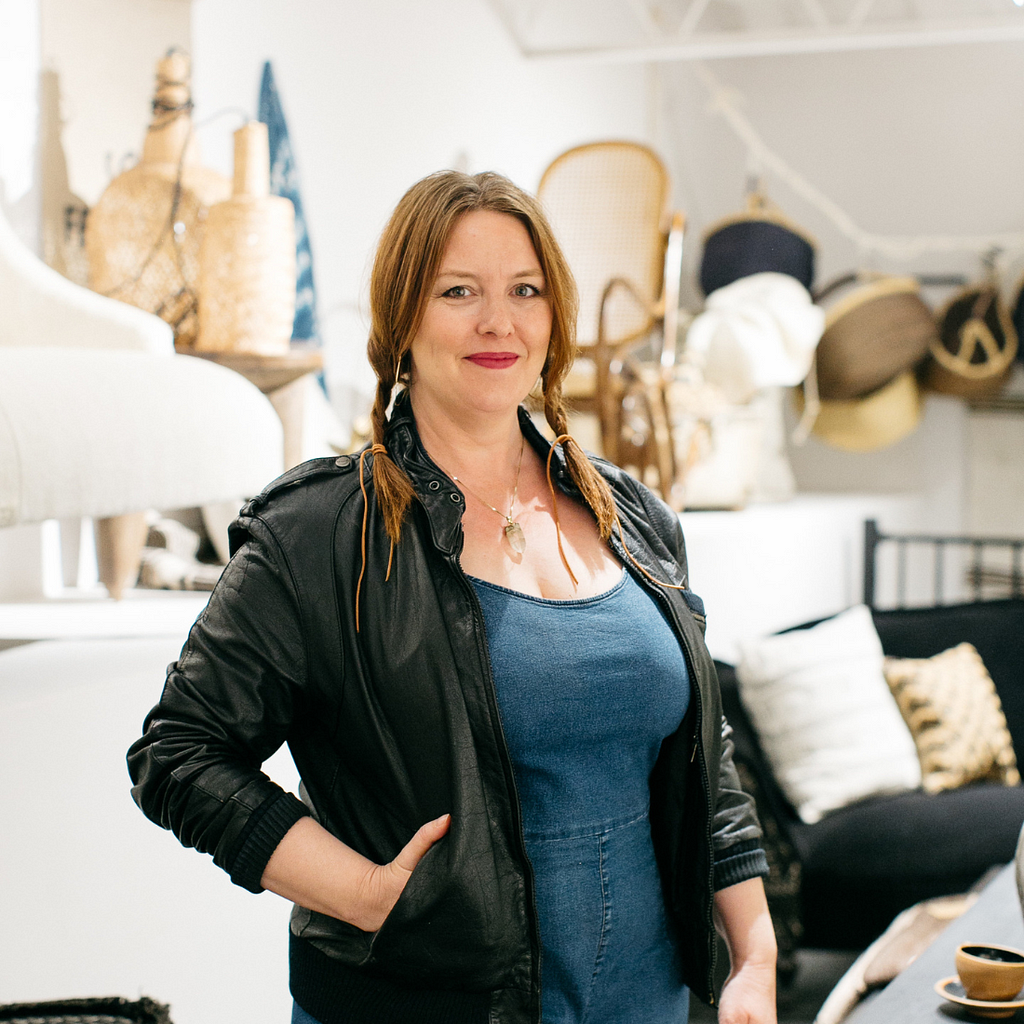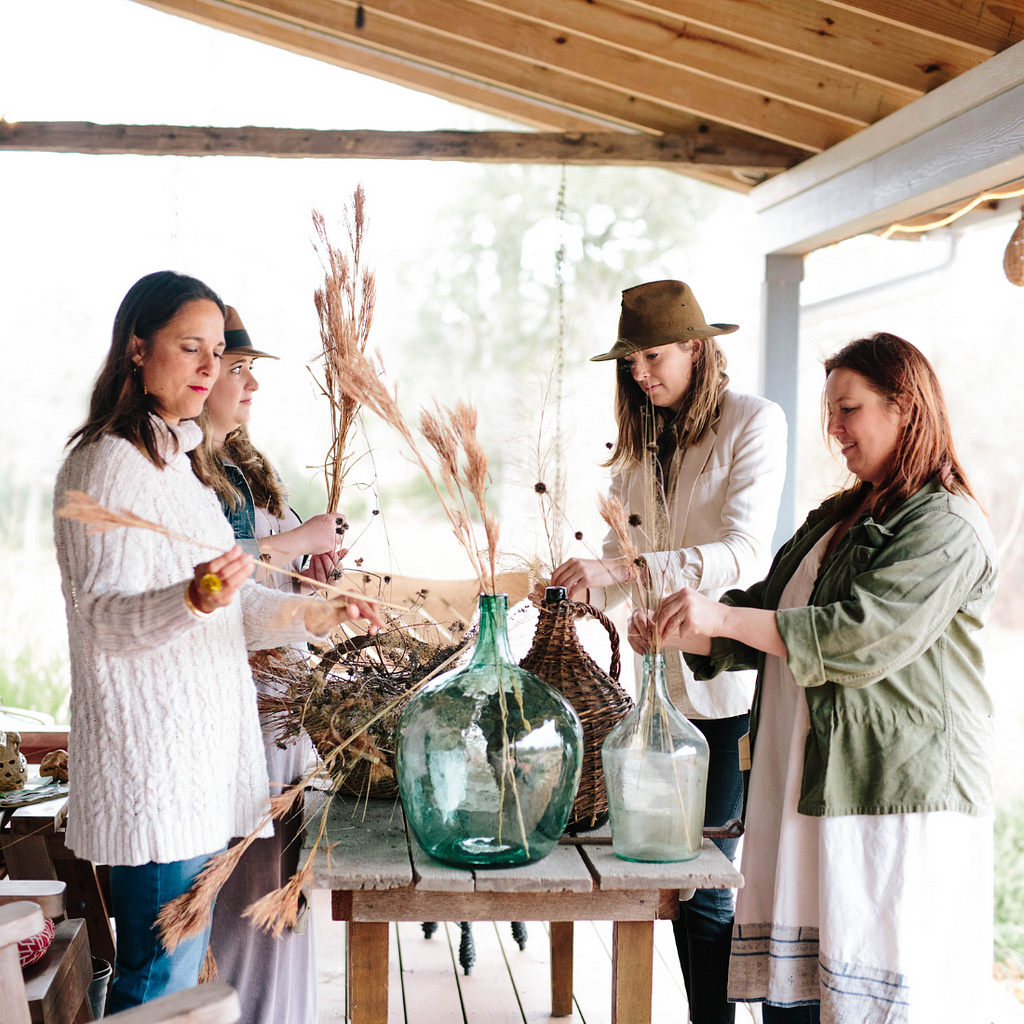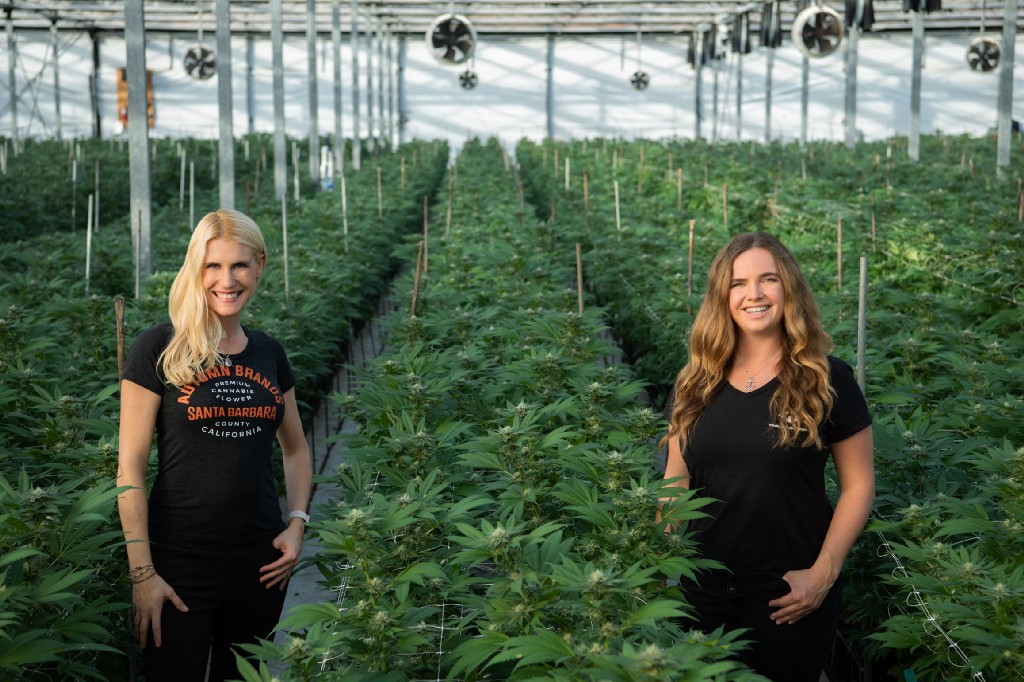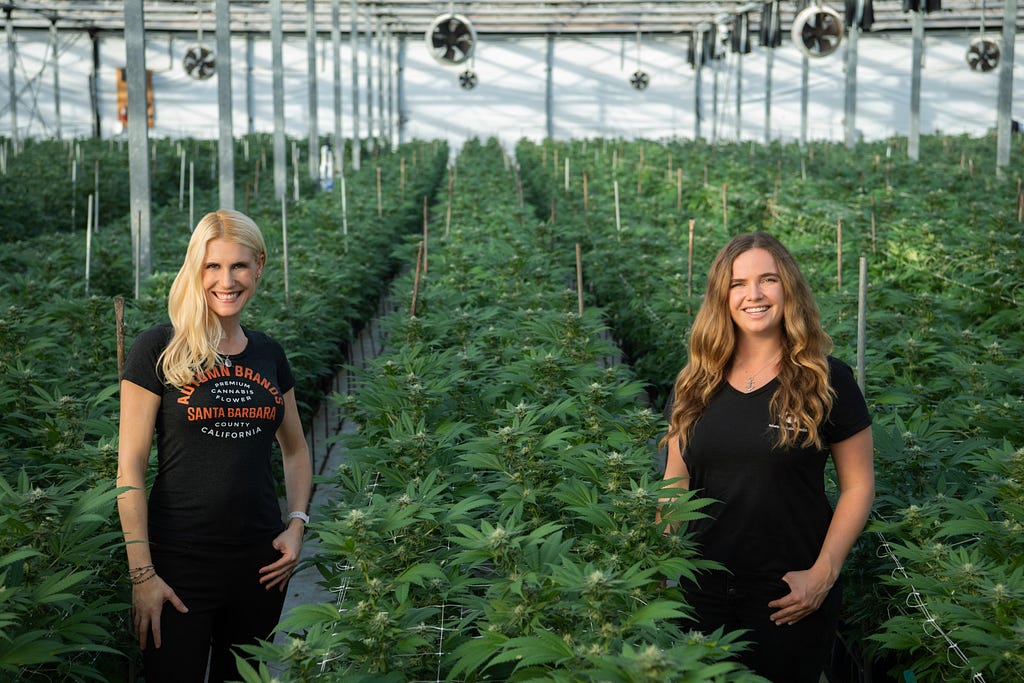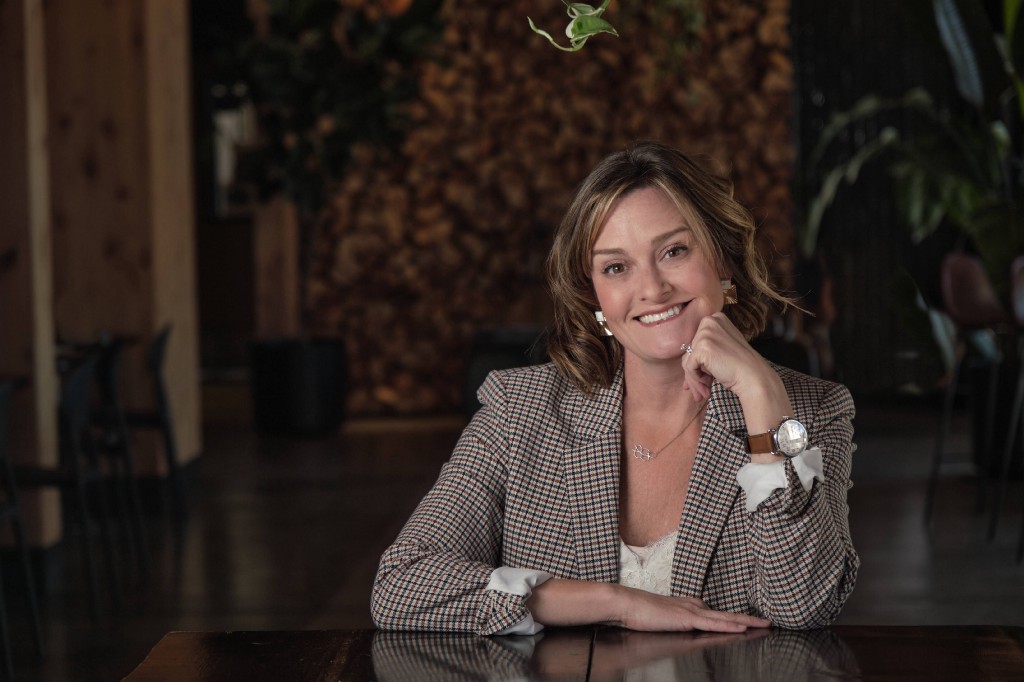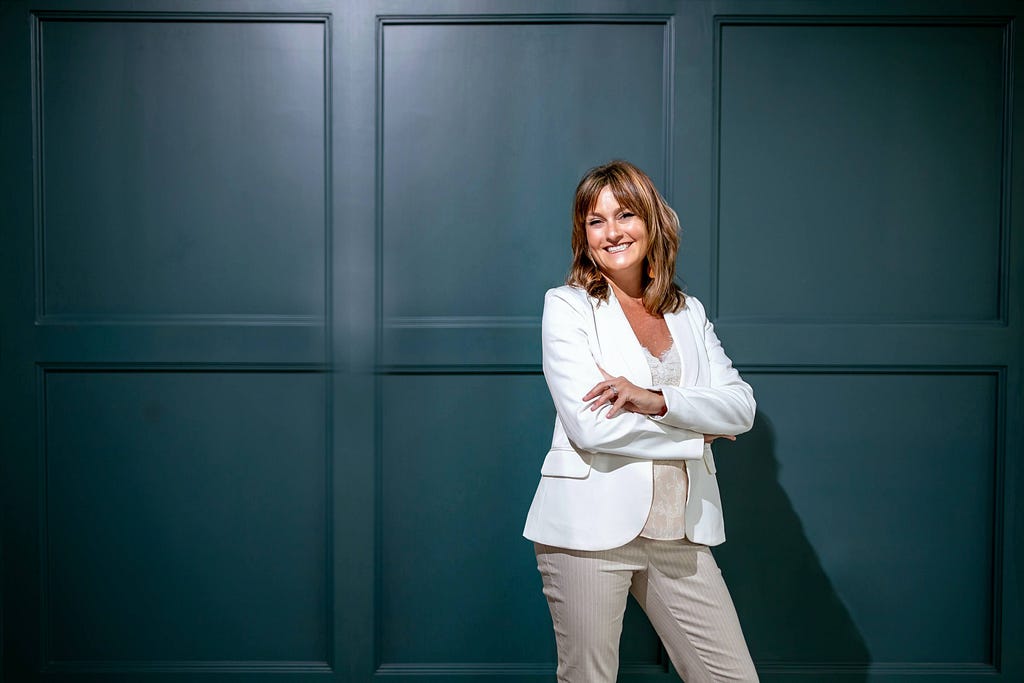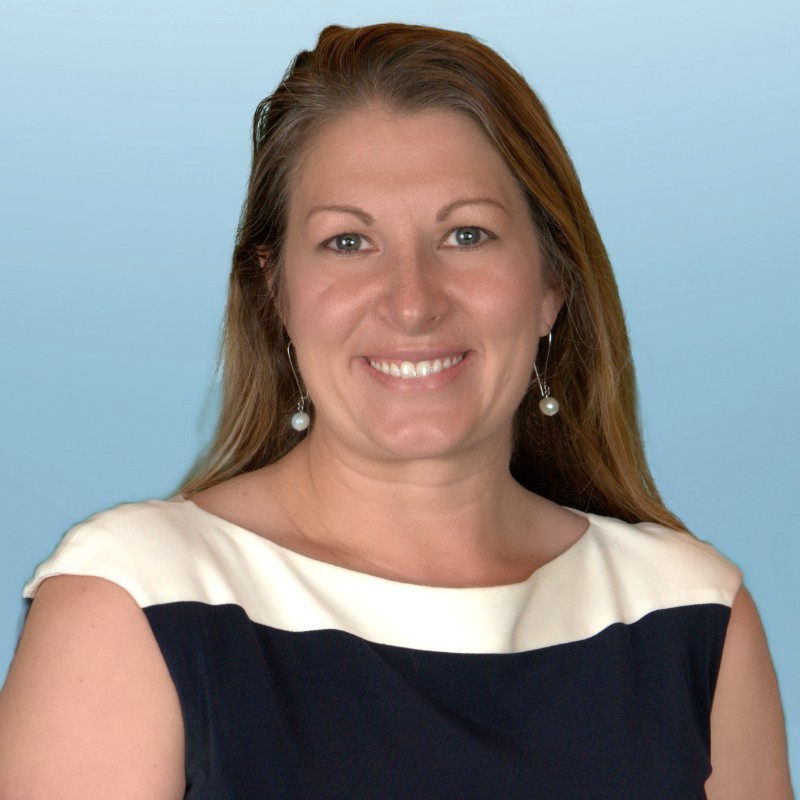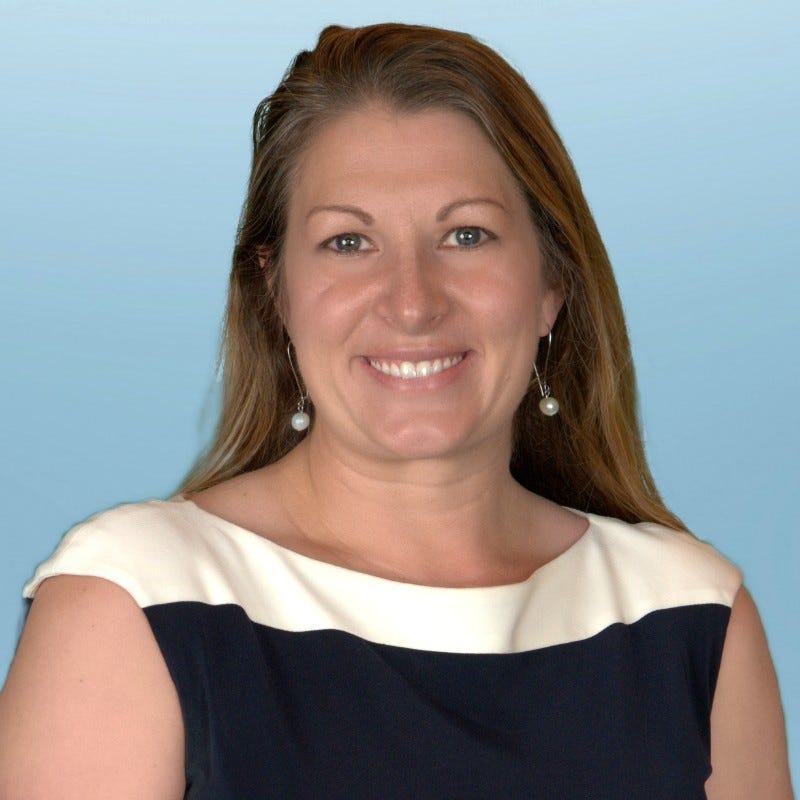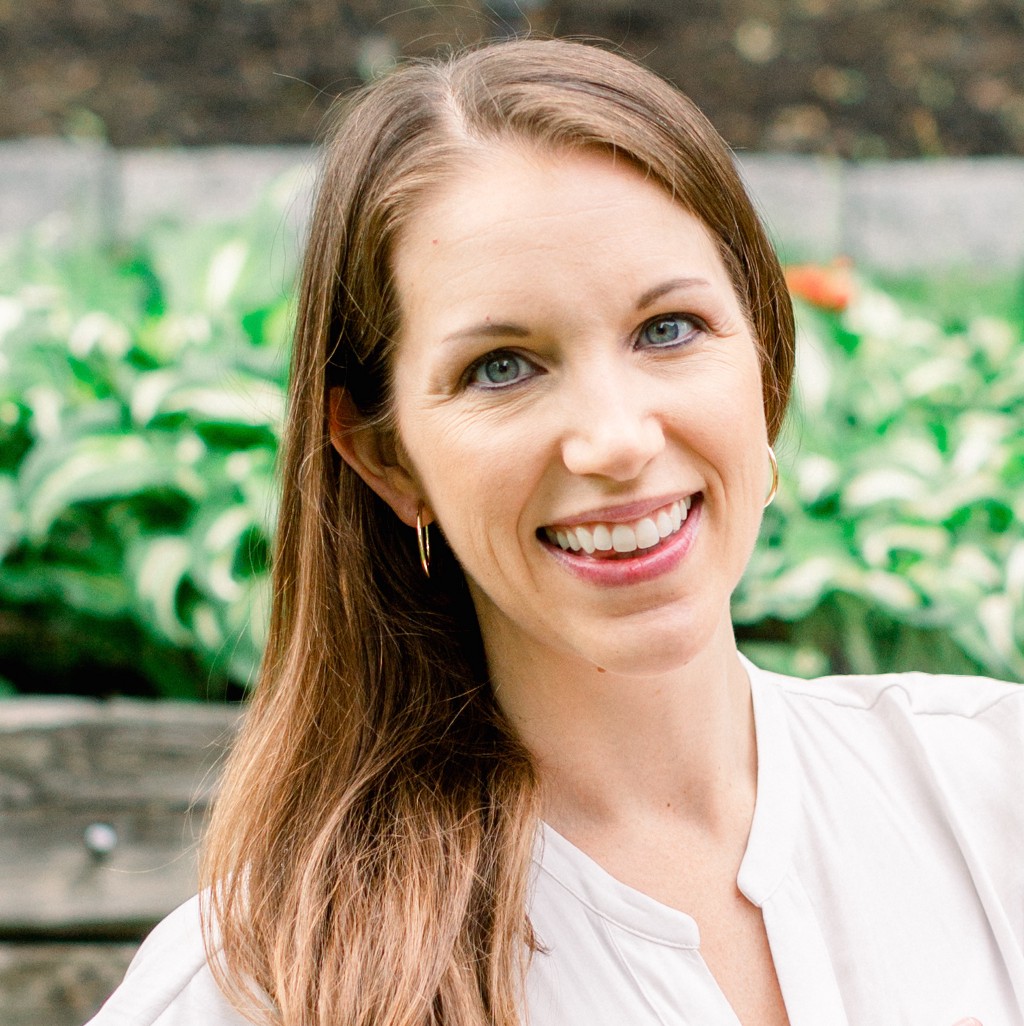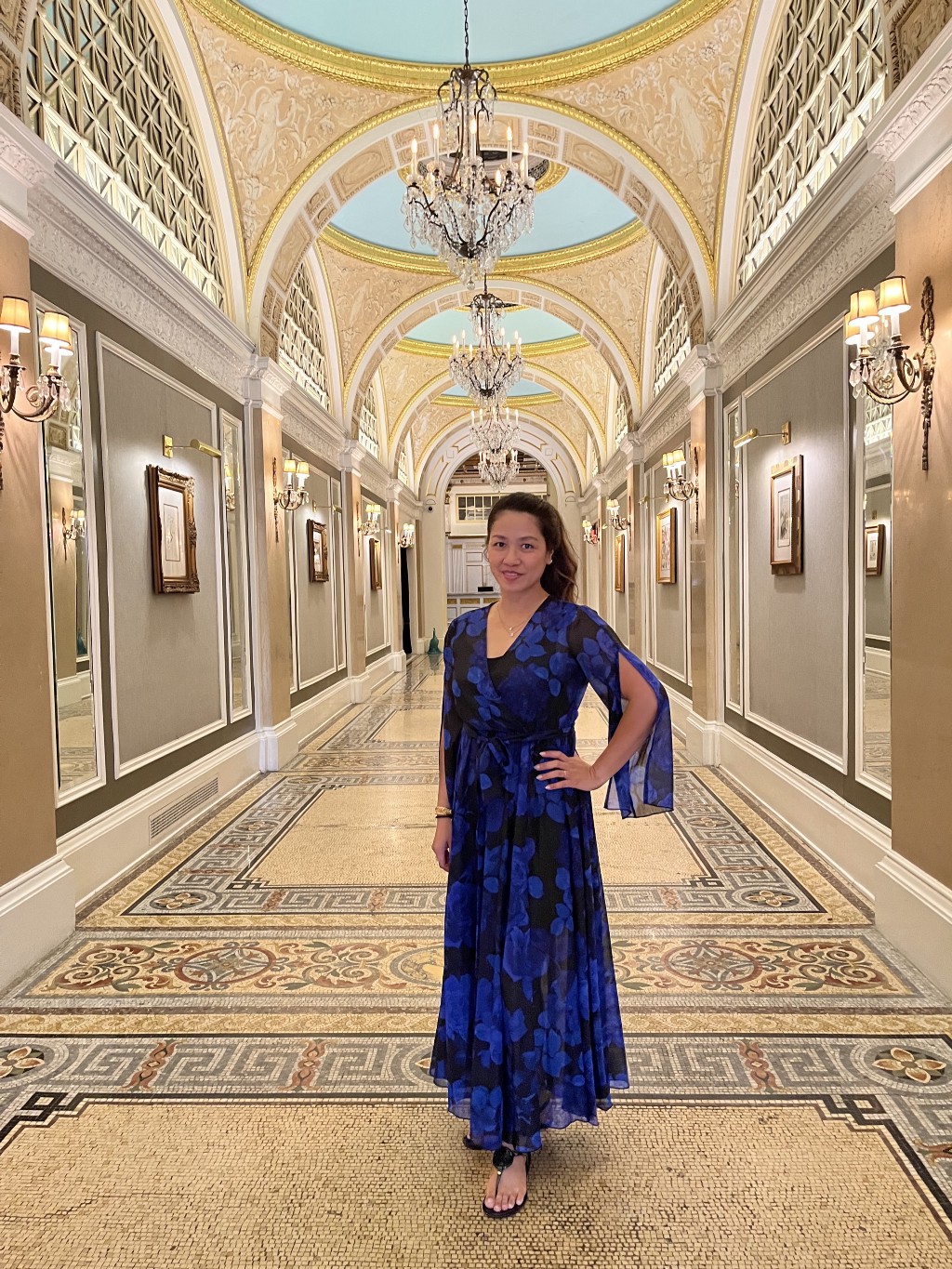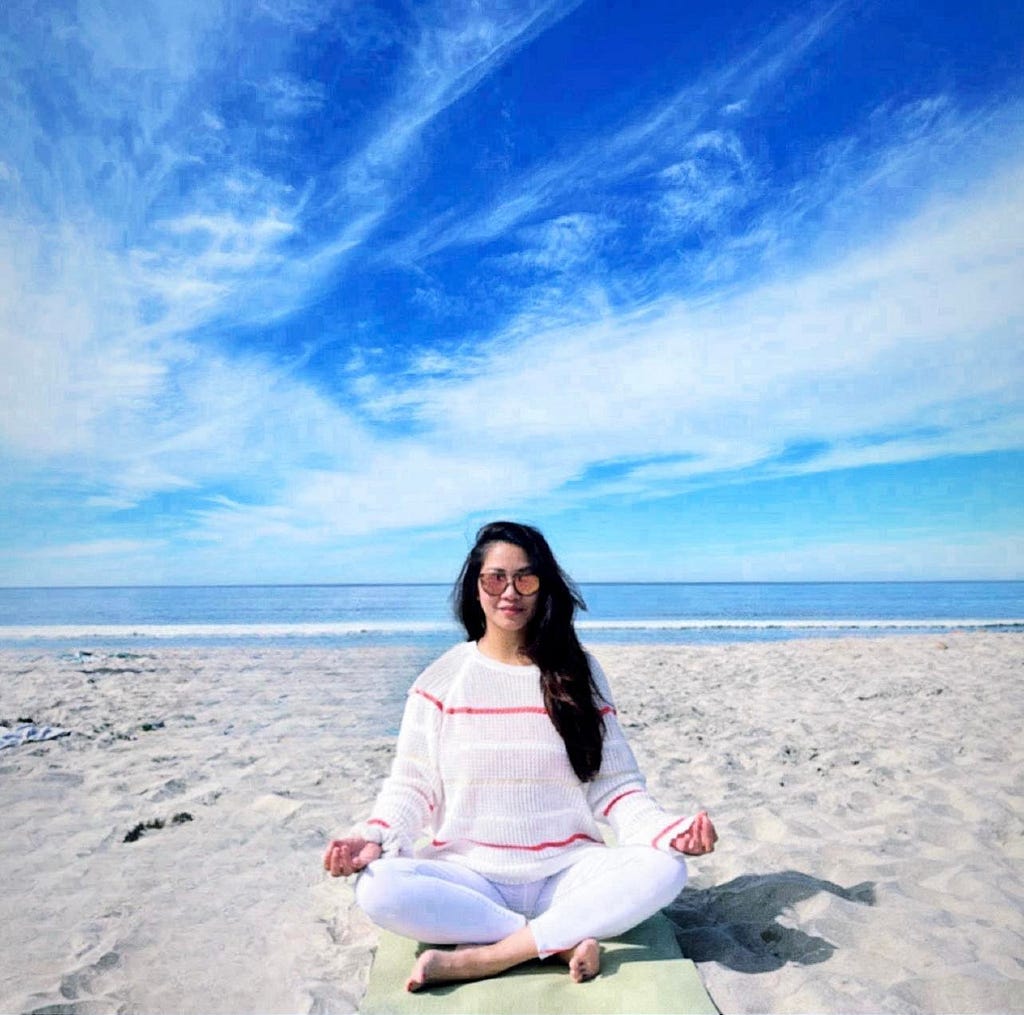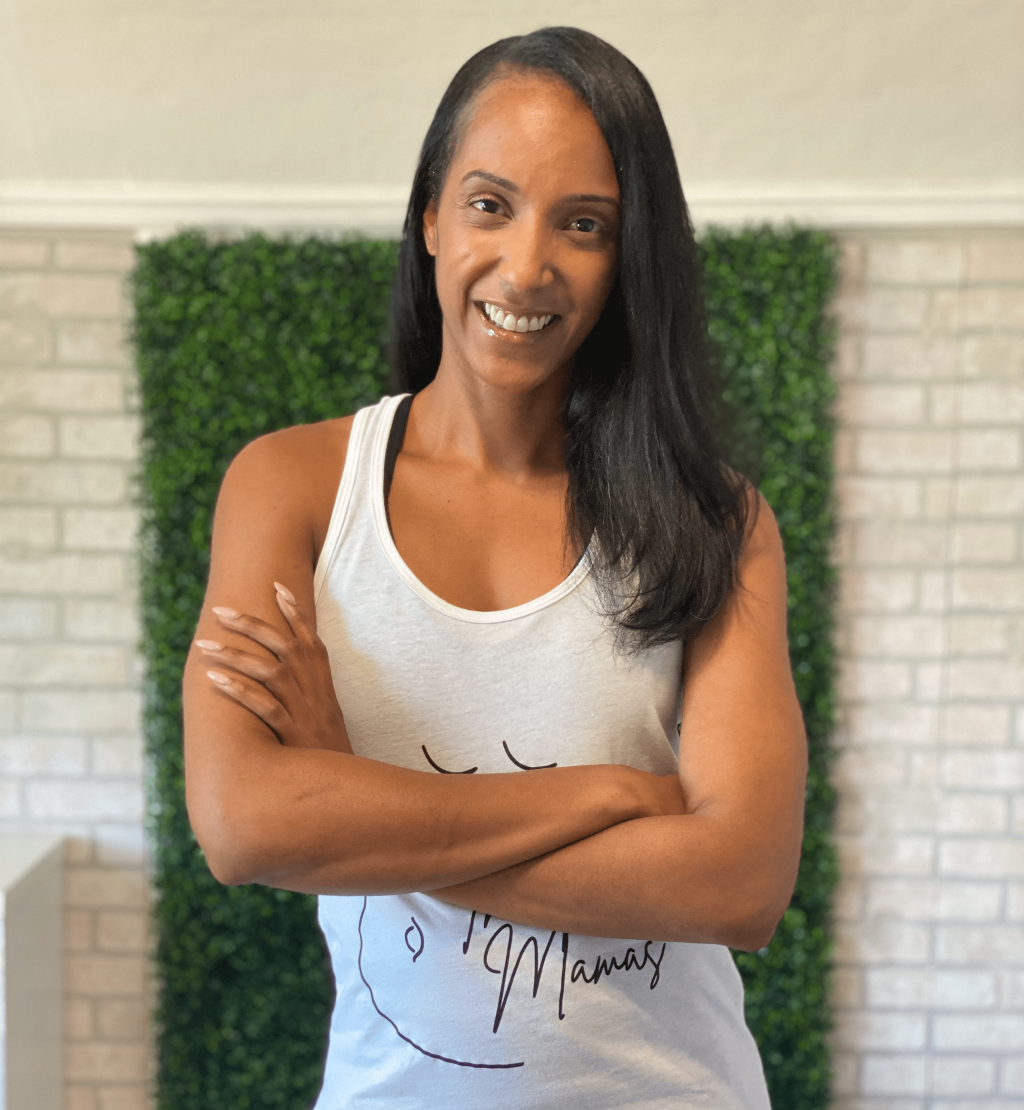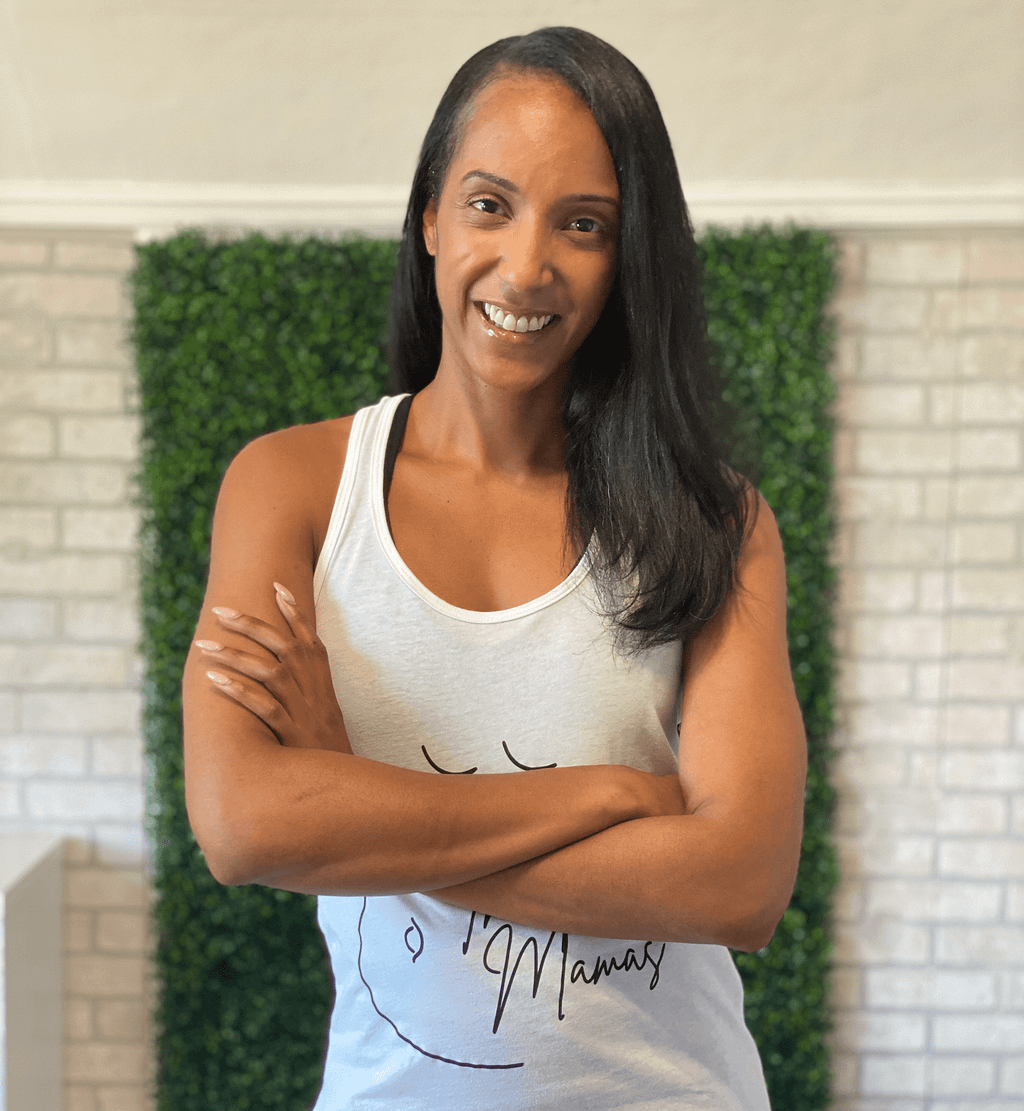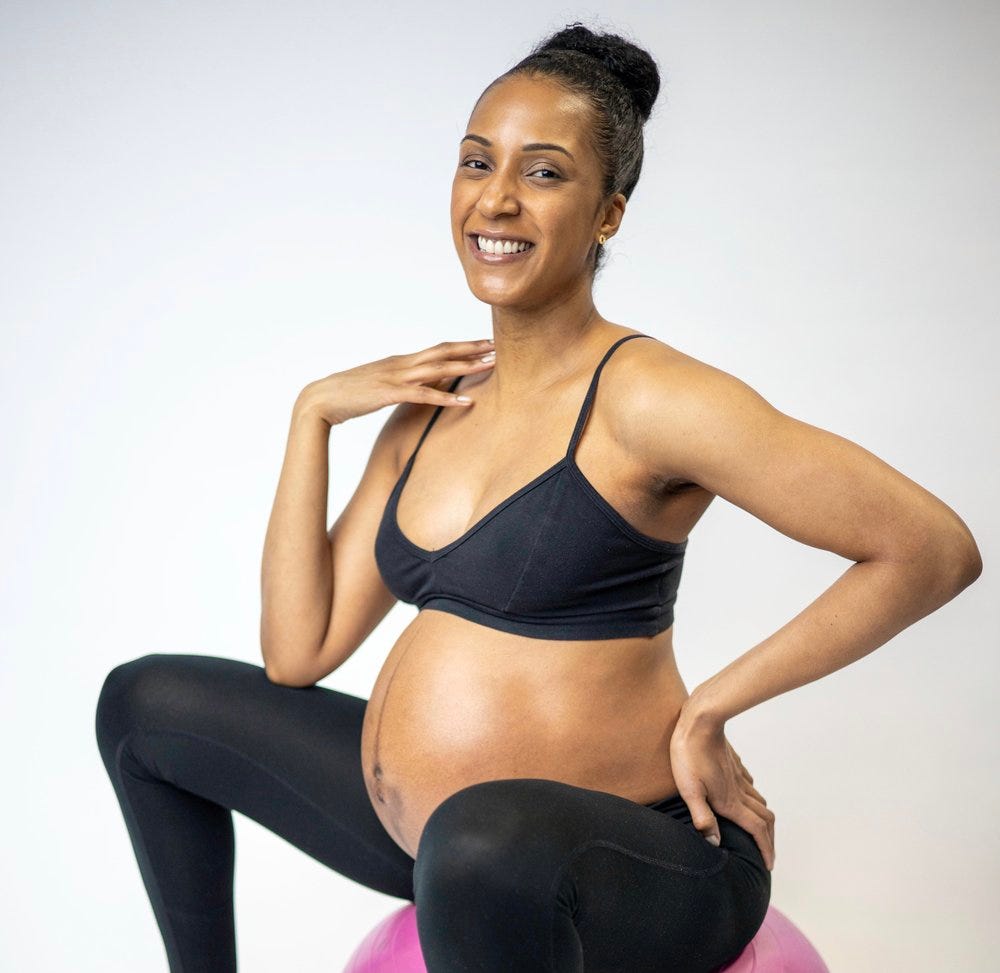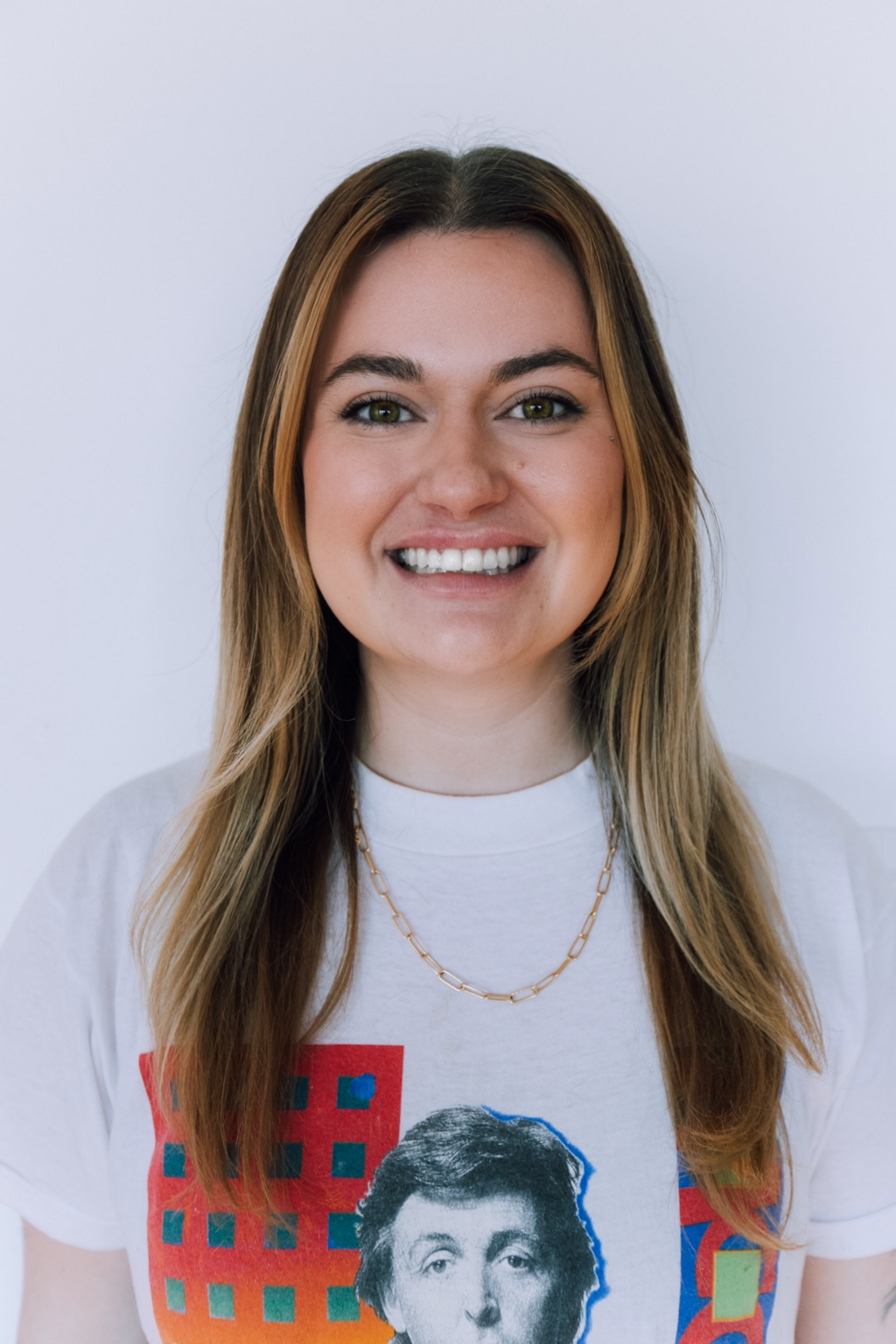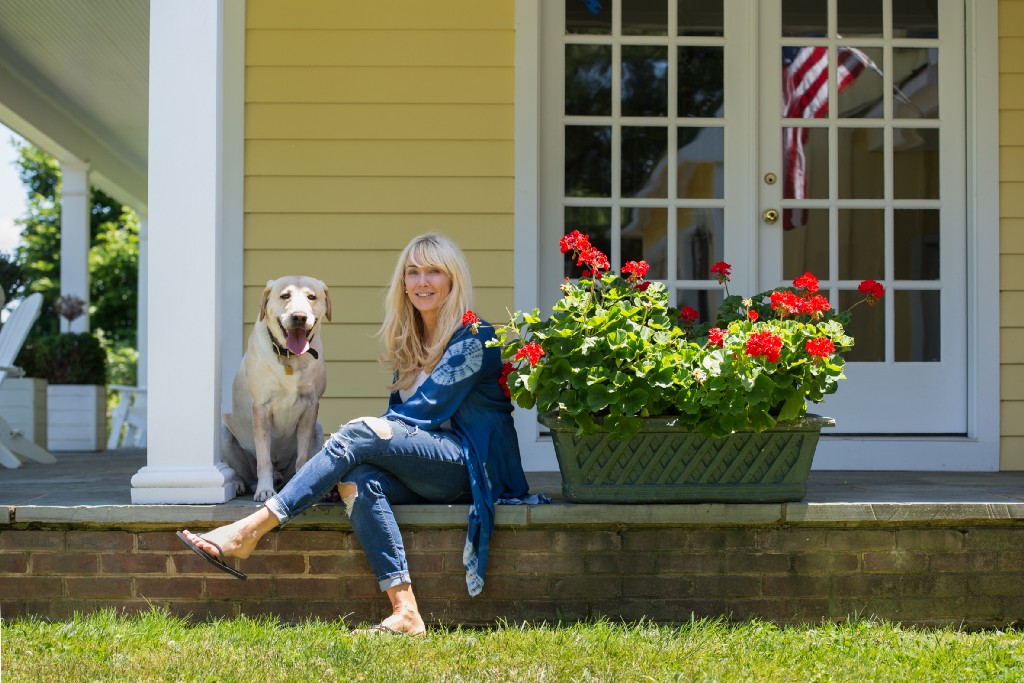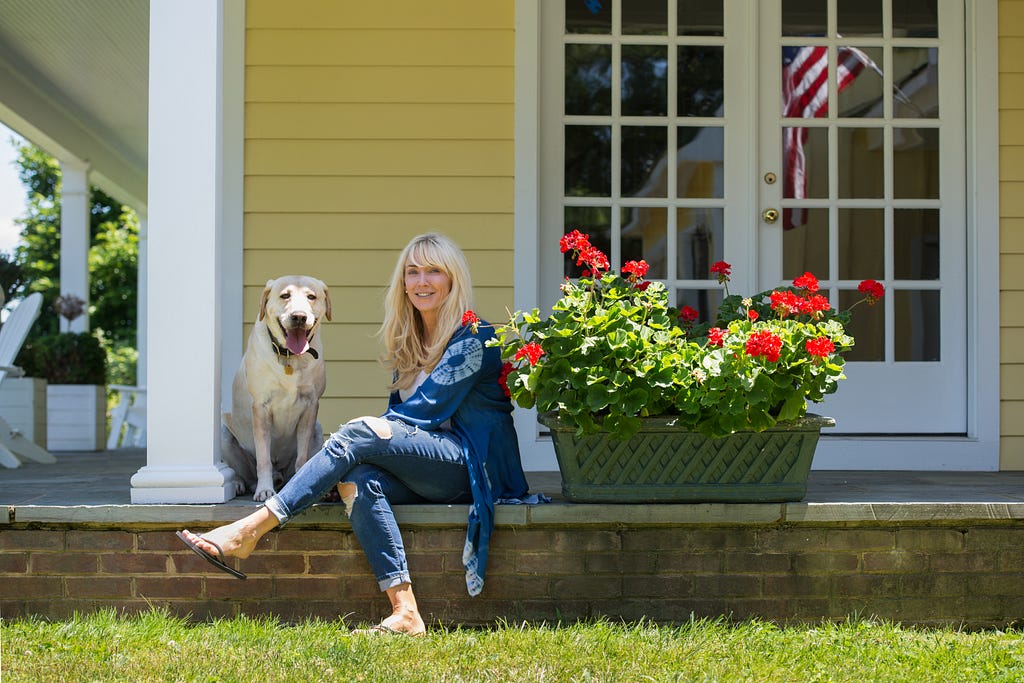The Future of Beauty: Kimberly Shenk of Novi Connect On How Their Technological Innovation Will Shake Up The Beauty Industry
An Interview With Candice Georgiadis
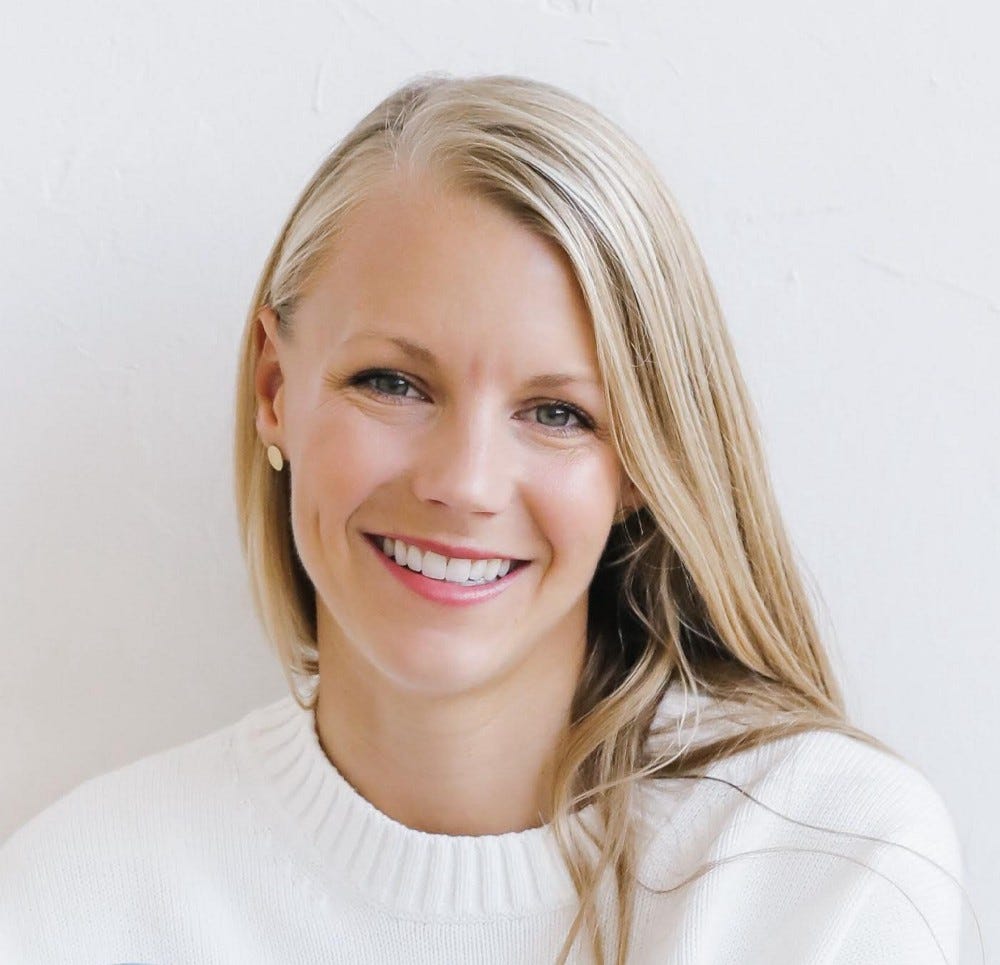
Data is power because it provides transparency to enable better decision-making. And in the beauty industry, technology is what will allow the flow of information to happen between material suppliers and consumer brands. It will give brands the transparency they need to make better sourcing decisions so that more sustainable products are developed.
As a part of our series about how technology will be changing the beauty industry over the next five years, I had the pleasure of interviewing Kimberly Shenk.
Kimberly Shenk is the co-founder and CEO of Novi, a company helping consumer brands develop clean, transparent consumer products. Novi was developed out of pain points she experienced first hand as the co-founder of NakedPoppy, an online clean beauty company. She formerly served as Head of Product/Data Science for Domino Data Lab, Eventbrite and Sports Authority, and as a Data Scientist and Officer in the United States Air Force. Kimberly holds an MS from MIT and a BS from the U.S. Air Force Academy.
Thank you so much for doing this with us! Before we dive in, our readers would love to learn a bit more about you. Can you tell us a story about what brought you to this specific career path?
One thing to know about me is that at the core, I’m motivated by serving others & serving the greater good — which is why I joined the United States Air Force to work on hard problems and serve my country. At age 17, I got my private pilot’s license with a dream to fly fighter jets but ended up having an incredible career as a data scientist in the Air Force instead.
I was stationed at Pearl Harbor as an Air Force Captain with a highly coveted Top Secret security clearance and worked directly for the Pacific’s 3-star General, running intelligence models.
I was so enamored with the power of data that in 2008 I decided to study machine learning and AI at MIT. During my studies, I was fascinated by how AI was being used in the emerging tech industry so I finished out my service commitment with the Air Force and made my way out to Silicon Valley to work at tech startups. I built and led the data organization at Eventbrite and led the product organization at tech startup Domino Data Lab.
I’ve always been a wellness junkie, extremely passionate about health and the environment and when I got pregnant in 2017, I started to learn and become very aware of what ingredients were in my products — and kind of got obsessed. I learned about how so many of them are toxic, can alter the growth of an unborn fetus, and can cause major harm like cancer. I decided to co-found NakedPoppy with Jaleh Bisharat, the former CMO of Eventbrite, Upwork and OpenTable and VP of Marketing reporting into Jeff Bezos in the 90s. We raised $4M to leverage data & tech to build personal care products that are better for your health and the environment.
And this is where I experienced first hand the difficulties in bringing better products to market. I discovered how difficult it was to find data on the ingredients being used and intimately experienced the constraints of the chemicals industry and the tools available. We started to build the beginnings of Novi to solve our own problems and it turned out to be a massive data science problem. I was “all in” from day one — I couldn’t let it go. It was an amazing amalgamation of everything I’ve done in my career leading up to this point and I knew this is how I would serve the greater good.
We named the company Novi because in Latin it means “to know/ to know how” — we believe all consumer brands should have the power to know about the ingredients they are choosing to use in their products and how to use them to make better products for the people and our planet.
Can you share the most interesting story that happened to you since you began your career?
I have a consistent thread in my background of being “turned on by the impossible.” I gravitate towards pushing the boundaries and tackling problems that aren’t comfortable in order to generate progress (which is why I’m taking the immense, antiquated $5T chemical industry head-on!)
So I’d say that my interesting story is how my personal passions coincided with my professional passions to fuel my career path. One of the ways I’m drawn to pushing my physical/ athletic limits. I took up racing in Ironmans and ended up qualifying and racing in the Ironman World Championship in Kona, Hawaii. I then decided to try what I felt was impossible and train to run a sub-3-hour marathon. I ended up running the California International Marathon in 2 hours 58 minutes, missing the Olympic qualifying time by only 13 minutes.
Throughout this personal journey, I decided to share my passion for health and wellness on Instagram and ended up building a large following of 10s of thousands to address these topics around wellness. Little did I know that this personal journey would lead me to the world of consumer products to build a beauty brand that would then help me uncover a problem in the chemical industry where I would leverage my background in data science.
As an Air Force veteran, I never could have imagined building a platform that helps brands build sustainable products and I find my path to getting here to be the most interesting story of my career.
Are you able to identify a “tipping point” in your career when you started to see success? Did you start doing anything different? Are there takeaways or lessons that others can learn from that?
None of us are able to achieve success without some help along the way. Is there a particular person to whom you are grateful who helped get you to where you are? Can you share a story about that?
A first-generation American citizen, I had an intense admiration for my grandparents, who fled with their children from Nazi Germany to Canada. I have also been heavily influenced by my parents, who taught me from an early age that nothing in life will be handed to you but you can do anything you put your mind to. I’m particularly grateful to my parents and my grandparents for not only being role models but also challenging me to push against the odds and go do anything I wanted.
Ok super. Let’s now shift to the main part of our discussion. The beauty industry today has access to technology that was inconceivable only a short time ago. Can you tell us about the “cutting edge” technologies that you are working with or introducing? How do you think that will help people?
As consumers, we’ve seen technology help drive accessibility and transparency in other parts of our daily lives. Zillow allowed us to transparently see houses available on the market, in real-time, and explore them independently. Amazon brought product information and pricing online, enabling us to discover more selections at the best price. TurboTax decoded the complex tax system and gave typical folks like you and I the power to do our own taxes. But the crux of all these solutions is data.
Data is power because it provides transparency to enable better decision-making. And in the beauty industry, technology is what will allow the flow of information to happen between material suppliers and consumer brands. It will give brands the transparency they need to make better sourcing decisions so that more sustainable products are developed.
This means like we’re doing at Novi, technology will be used to rapidly assess ingredients, fragrances, flavors, formulas, and packaging, down to their source. It facilitates our online marketplace where brands and their manufacturers discover, sample, and purchase these materials, in a completely transparent and easier way.
Technology also comes into play when we think about balancing transparency and Intellectual Property (IP). At Novi, we believe in transparency without disclosure. And that’s why we help manage that information disclosure with our partners. We want to help protect IP because that is the foundation of how the beauty industry operates and thrives. So when we think about balancing transparency and IP, it means Novi serves as the secure third party to verify the information.
We’re seeing this play out in all aspects of the industry:
- Consumers are demanding more transparency, but brands don’t want to share their proprietary formulas with the world
- Brands are demanding transparency from their manufacturers, but third party manufacturers don’t want to share their IP
- Both brands and manufacturers are demanding transparency from ingredient and packaging suppliers who don’t want to share their IP
It’s a cascading effect and REALLY hard, if not impossible, for any single player in this ecosystem to achieve full transparency on their own. This is exactly why Novi exists — to help facilitate information sharing between all of these parties, at scale.
Keeping “Black Mirror” and the “Law of Unintended Consequences” in mind, can you see any potential drawbacks about this technology that people should think more deeply about?
It can seem daunting to build a new product with ambitious sustainability and transparency goals. But transparency allows the diversity of decision-making and ultimately leads to more efficacious products. You have the power of information in your hands to make decisions about what should be used.
Let’s take glycerin for example. It is generally made from palm oil (harvesting palm oil is burning down our rainforests) or animal oils (it’s not vegan). But now we have built infrastructure to responsibly harvest palm oil, and can even make glycerin without palm oil or animal oils at all. Transparency means that you can use data to source responsibly made glycerin — and not compromise the performance of your product.
The kind of technology Novi is building gives brands the power to seek information about the source of all of their materials (like glycerin) to make informed decisions. The potential drawback is how overwhelming this can be if you’re going to do this for every ingredient, especially if you have ambitious goals for your products (most products have 30+ ingredients in them, imagine doing this across hundreds of products). But it’s the best route to true product innovation.
This is why we built Novi. We work with hundreds of innovative suppliers who provide us with source data so that brands and their manufacturers can find industry-leading materials that are pre-vetted — with information like how the glycerin was derived and the certifications it meets, along with the ability to rapidly sample and purchase these ingredients with transparent pricing and lead times.
Can you share 3 things that most excite you about the “beauty-tech” industry?
Beauty-tech is enabling brands to bring better, more sustainable products to market for the health of our consumers and planet.
Can you share 3 things that most concern you about the industry? If you had the ability to implement 3 ways to reform or improve the industry, what would you suggest?
Sustainable and healthier materials are more expensive, but only because they haven’t gained mass adoption. A way to naturally bring down their prices and make them the same, if not less expensive, is to shift the industry to using them in place of current materials. My concern is that even the most well-intentioned brands are forced to choose less sustainable options because the cost is too high. At the end of the day, a brand needs to make money to survive and can’t always afford to “do the right thing”.
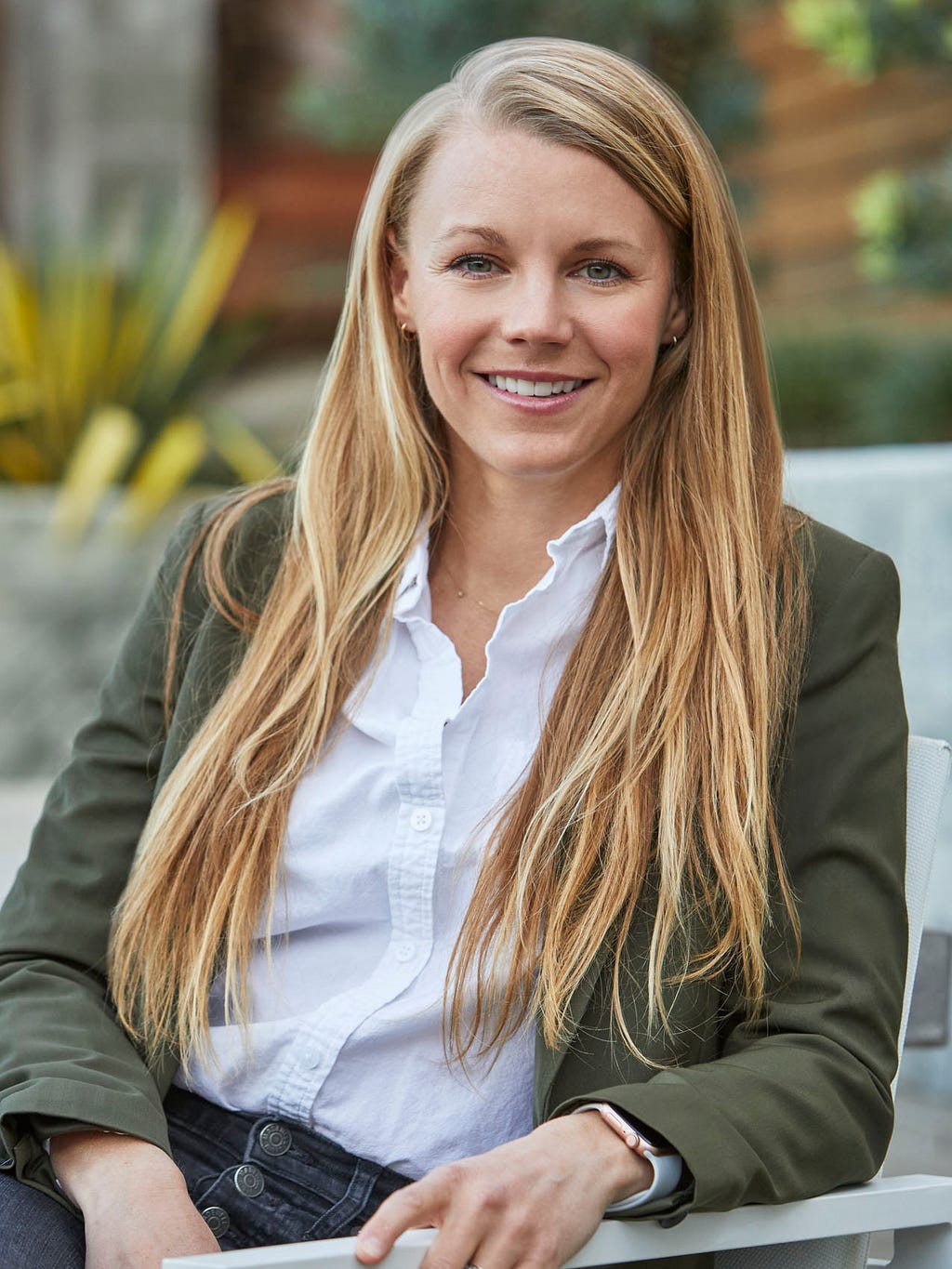
You are an expert about beauty. Can you share 5 ideas that anyone can use “to feel beautiful”? (Please share a story or example for each.)
I don’t view myself as an expert in beauty — I’m more of an expert on what data is needed to make amazing beauty products. Being so close to the ingredients that go into beauty products, I can say that switching to clean beauty products that are formulated without ingredients that are harmful to human health and the environment, is the number one way to not only improve your skin’s health but improve your overall health — and that makes me feel beautiful.
Outside of switching to clean products, getting regular exercise is my other way of feeling beautiful. Exercise can definitely have positive impacts on your physical appearance, but I find that it helps me mentally and emotionally. Whenever I’m feeling stressed I put on my running shoes and head out for a run.
You are a person of great influence. If you could inspire a movement that would bring the most amount of good to the most amount of people, what would that be? You never know what your idea can trigger. 🙂
The EU bans over 1,800 ingredients in cosmetics, and the US fewer than a dozen. The EU is much more progressive and I think it’s appalling that we haven’t been able to keep up in the US. This is also why we’ve seen such a proliferation of standards from retailers as well as certifications from new non-profits being stood up — they are trying to fill the void where regulation is lacking.
I am encouraged to see the current federal proposal to increase regulation of the beauty sector as well as the state level efforts in California and New York. Because it’s about time. These efforts are much needed and extremely important and unfortunately, it has been very hard to get to this point which is still far behind.
Regulation is not keeping up with consumer demand and consumers are no longer accepting self-made claims by brands. They are well too attuned to greenwashing and brands selling them garbage and lies. But I do think legislation gains velocity when demanded by the people and in this case, the drastic shift from consumers is only going to help get these pieces of legislation out faster.
Can you please give us your favorite “Life Lesson Quote”? Can you share how that was relevant to you in your life?
“Nothing in life will be handed to you.” — I mentioned this in my previous response, this was embedded in my head at a very early age. My grandparent fled with their children from Nazi Germany to Canada which gave me the inspiration to work hard no matter where you or your family comes from. Nothing will ever be “handed” to us and if you’re determined enough, I believe good things come to those who really put in the work.
How can our readers follow you online?
- https://www.noviconnect.com/
- https://www.instagram.com/noviconnect/
- https://www.facebook.com/Novi-Connect-106880961629416
- https://www.linkedin.com/company/noviconnect/
- https://twitter.com/noviconnect
Thank you so much for joining us. This was very inspirational.
The Future of Beauty: Kimberly Shenk of Novi Connect On How Their Technological Innovation Will… was originally published in Authority Magazine on Medium, where people are continuing the conversation by highlighting and responding to this story.


